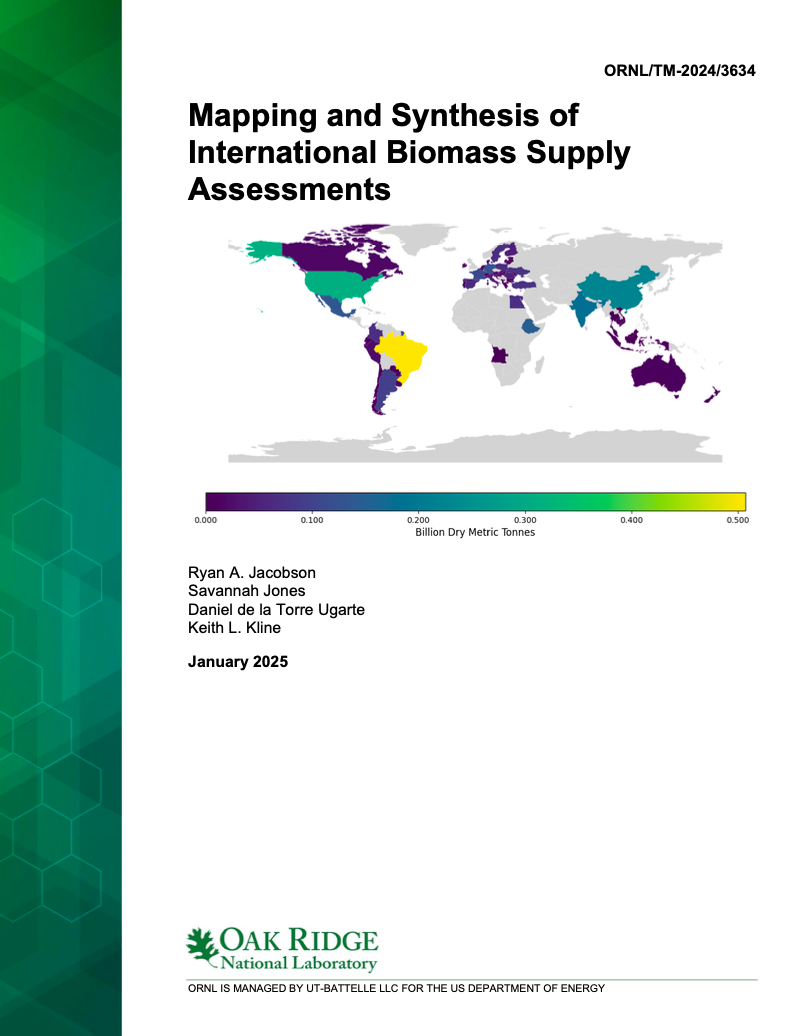IEA Bioenergy: Evaluation of Brazil's RenovaBio Program' approach to reduce land-use change emissions from biofuels

Brazil's RenovaBio Program, launched in 2017, aims to cut greenhouse gas (GHG) emissions by promoting biofuel use. A recent IEA Bioenergy report evaluates how effectively the program’s conversion-free criteria reduce emissions from indirect land use change (ILUC)—a critical factor in biofuels' climate impact.
The effects of conversion-free criteria
RenovaBio restricts biofuels from using lands converted from native vegetation post-2018, aiming to prevent direct deforestation and ILUC emissions, which can undermine biofuels’ climate benefits. The report evaluated the effects of such conversion-free criteria compared to a situation without restrictions on land-use change
Using the Brazilian Land Use Model (BLUM), the report examined two scenarios:
Scenario 1: No restrictions on land use change.
Scenario 2: Enforcing conversion-free criteria to prevent deforestation.
Findings indicated that applying the conversion-free rule could prevent approximately 428 MtCO2e emissions by 2030, a -63% reduction compared to the first scenario. The highest reductions would come from high-carbon areas like the Amazon and Cerrado.
While such conversion-free criteria would slightly reduce certain crop and livestock yields, they would have minimal impact on overall agricultural productivity. The second scenario would result in a 300,000 cattle head reduction, but beef production remained the same, suggesting an induced yield increase. A similar reduction movement can be seen for soybean and first-crop corn. These are expected to decrease by 267 kt and 229 kt, respectively, which in absolute terms, are not significant reductions.
Policy Implications and Recommendations
The IEA Bioenergy report supports maintaining RenovaBio's conversion-free criteria to significantly mitigate emissions without affecting Brazil’s biofuel output. The findings emphasize the need for continued monitoring and adaptation of these criteria, incorporating new scientific data to enhance land use strategies further. Expanding the model to include compliance with other environmental standards and evaluating regional impacts would strengthen policy alignment with Brazil’s climate commitments.
According to the study, RenovaBio is a good illustration of how biofuel policies can balance sustainability with economic growth by addressing ILUC and supporting broader climate goals.

 Download hereVisit Website
Download hereVisit WebsiteRecente artikelen
Oak Ridge National Laboratory: Mapping and Synthesis of International Biomass Supply Assessment | 2025


